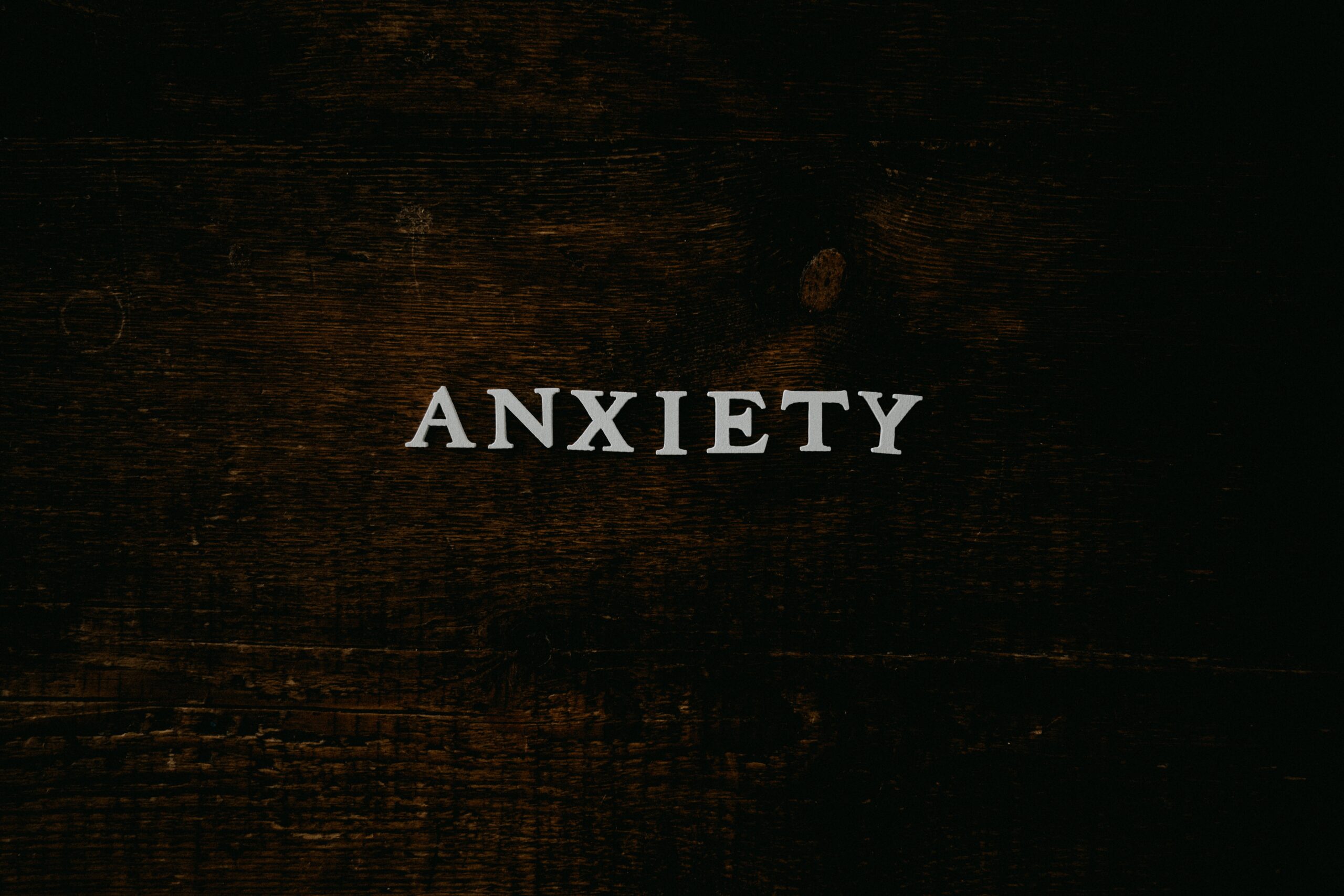When you’re dealing with anxiety or negative thoughts, trying to find the right treatment avenue can sometimes fuel the fire of your fears. It’s often overwhelming when you’re met with so many options. If you’ve tried different types of therapy before, you might even be more anxious about moving forward with something new.
However, Acceptance and Commitment Therapy (ACT) offers something different.
ACT is a psychological therapy that doesn’t work to eliminate your emotions when it comes to your triggers or things you’re anxious about. Rather, it focuses on shifting your actions and behaviors, even while you’re still feeling that way. While most therapies encourage you to get to the root cause of your mental health struggles, ACT helps you to accept that cause.
Let’s dive a little deeper into Acceptance and Commitment Therapy so you can determine if it’s the right route for you.
The Six Components of ACT
Unlike Cognitive-Behavioral Therapy (CBT), ACT isn’t designed to get rid of negative thoughts and experiences. Instead, it helps you accept and work through those feelings in ways that line up with your values so you can move forward in life.
There are six components of ACT that you’ll work through if you decide to utilize it as a treatment. Those components include:
- Acceptance
- Cognitive Defusion
- Self as context
- Being present
- Values
- Commitment
The first step is accepting your thoughts and feelings without judgment. Emotions will always demand to be felt. It’s what you do about those feelings that will make a difference. When you accept what you’re feeling, you’ll spend less time fighting against it and more time figuring out how you can keep moving ahead.
Cognitive defusion, self as context, and being present all focus on seeing yourself, your thoughts, and your inner experiences as separate things. Your thoughts don’t define who you are, and they don’t have to dictate your behaviors.
Taking Action
The final two components of ACT are values and commitment, and both have to do with what’s important to you and what you’re willing to do to change your behaviors based on the principles you believe in.
When you accept your thoughts and change the way they connect to your actions, you can make commitments to develop a different view of yourself. When you are able to separate your thoughts from who you see yourself to be, it’s easier to stick to those commitments and change the way you think for the rest of your life.
What to Expect
Depending on your therapist and your needs, you might cover several different exercises in ACT. One of the most common exercises in mindfulness—something you can use on your own outside of therapy sessions.
Mindfulness allows you to focus on the present moment and how you’re feeling. You’ll become fully in tune with things like your breath, your body, and your surroundings. Thoughts will still enter your mind, but you won’t hold on to them. Instead, you can visualize them as clouds passing by, unable to be pinned down.
Why ACT is Beneficial
Beyond anxiety, this type of therapy can help with everything from depression to trauma.
Perhaps the greatest benefit is being able to function on a daily basis with symptoms of certain conditions, rather than letting those symptoms control you. It allows for psychological flexibility that lets you embrace positive thoughts and recognize when the negative ones aren’t helpful to your growth and well-being.
If you’re interested in learning more about Acceptance and Commitment Therapy, feel free to contact a Crossroad’s therapist who specializes in ACT. We’re happy to answer any questions you might have about why this could be the solution for you.
ACT Now…Begin Working With A Therapist in Phoenix Scottsdale, and Online in Arizona
Our team of caring therapists offers a 20-minute complimentary phone call. You can ask all the questions you have and see if counseling at our Phoenix, Anthem, Scottsdale.and online in Arizona is the right fit for you. To start your therapy journey, please follow these simple steps:
- Contact Crossroads Counseling for a complimentary 20-minute phone consult
- Meet with an ACT therapist
- Start receiving the support your relationship deserves
Feel free to call contact us at by calling 623-680-3486, texting 623-688-5115, or emailing info@crossroadsfcc.com.











